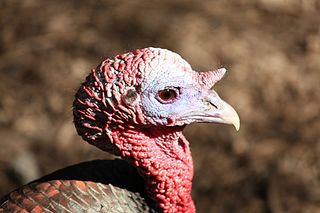Tag: tradition
-

Please Don’t Cut My Heart Out on Thanksgiving
Blogging is very much a form of community engagement for me. I look at the last few posts, and there is so much to learn from one another about spirituality, religion, semantics, and how to engage in effective dialogue on the internet. It’s a relief to read thoughtful, mindful comments, and witness the kaleidoscope of […]
-
The Meaning of Prayer: A response
This post is a response to The Meaning of Prayer on Grey Wren’s Flight. Kristin, I appreciate what your fiancé said – “Prayer is an offering of time and spirit” – and I’d like to add something my husband told me. He said that of all the offerings we make to the Kindred, our sincerity may be the greatest one we have […]
